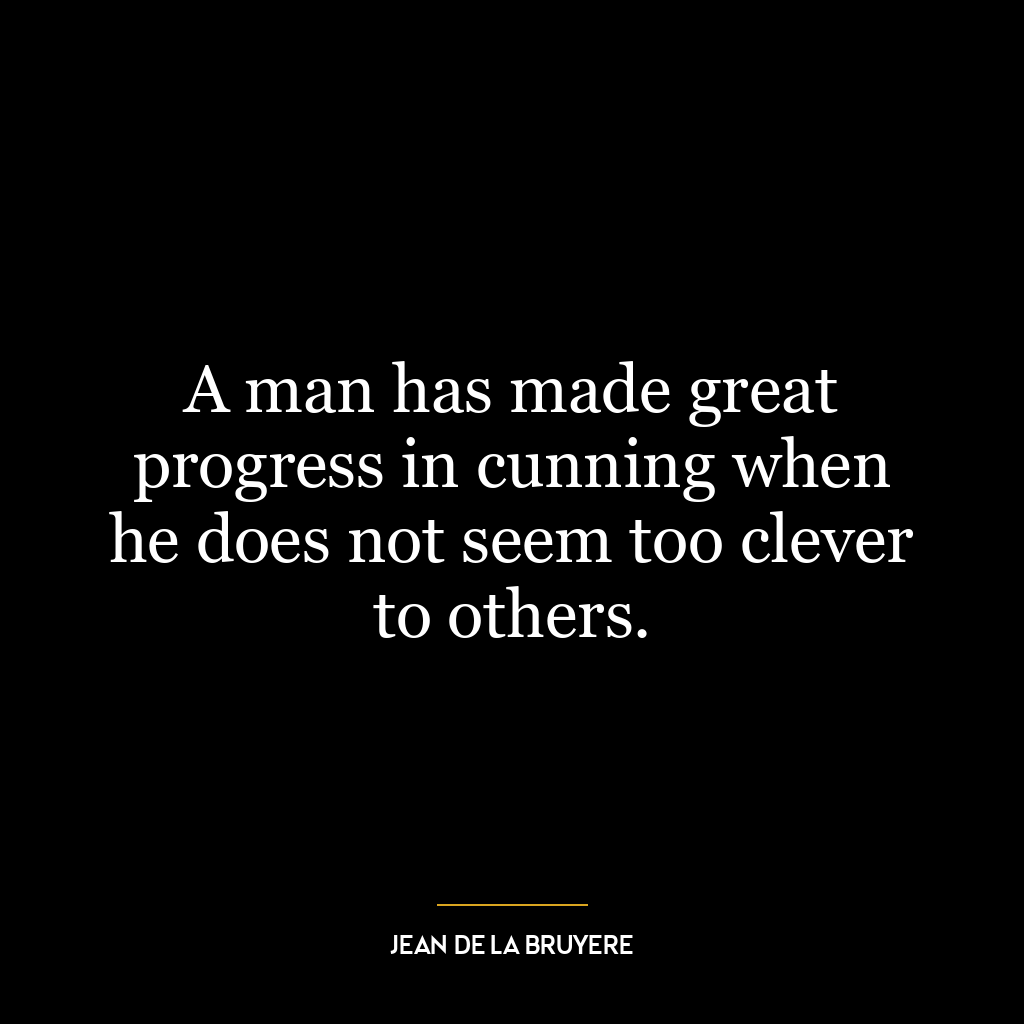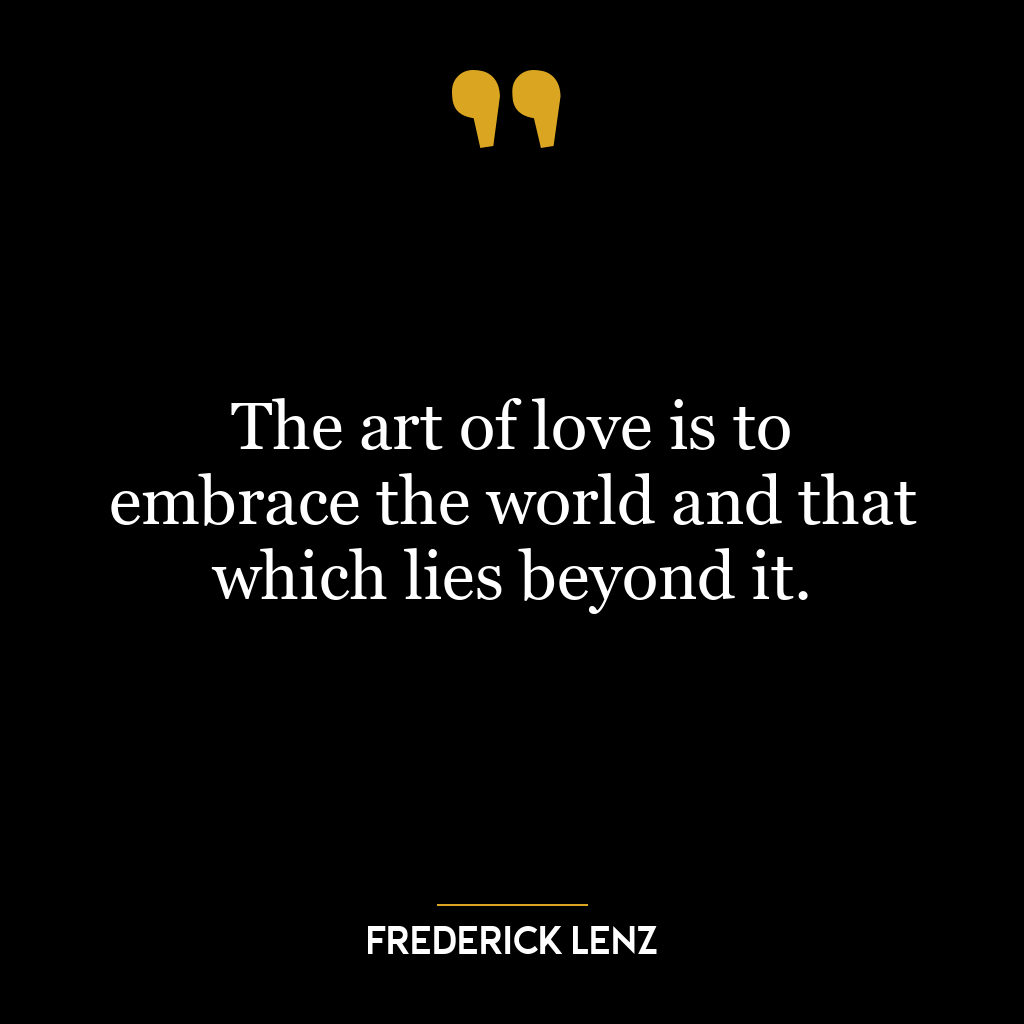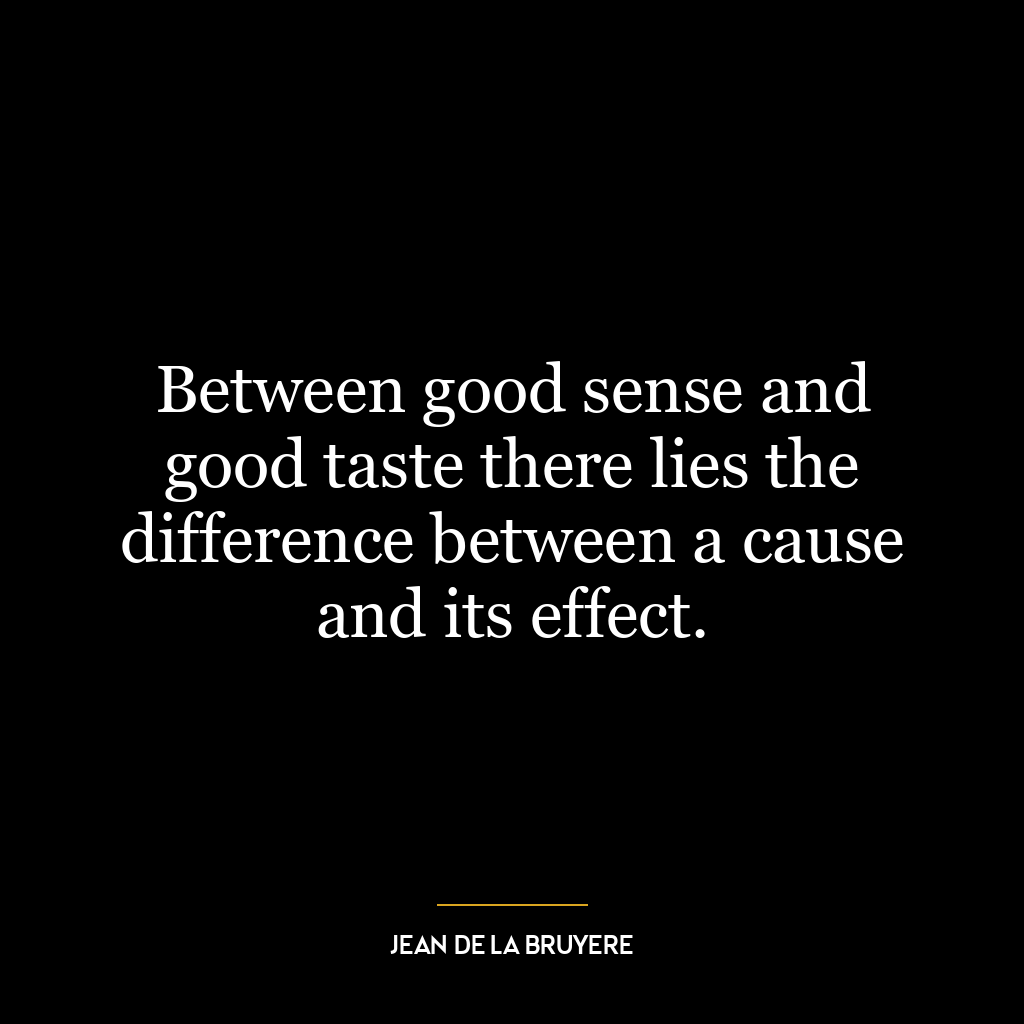This quote suggests that when a person uncovers a truth on their own, they find it more appealing or valuable than if someone else had discovered it and shared it with them. The process of discovery, the journey of seeking and finding, adds a unique allure to the truth. This allure may be lost when the truth is handed to us by someone else, as it lacks the personal struggle or effort involved in its discovery.
This idea can be applied to various aspects of today’s world. In the field of education, for instance, it is often more effective for students to learn through hands-on experience and discovery rather than simply being told facts. This is the principle behind experiential learning or inquiry-based learning. When students discover knowledge for themselves, they are more likely to understand and retain it.
In personal development, this concept can be seen in the process of self-discovery and growth. The truths we uncover about ourselves through introspection and self-analysis often hold more weight than those pointed out by others. This is because the process of self-discovery involves personal struggle and effort, which adds value to the truths we find.
In the broader societal context, this quote can be seen in the way we value original ideas and innovation. We often place a higher value on new ideas or discoveries, as opposed to those that are already known or widely accepted. This could be due to the attractiveness of the process of discovery and the effort involved in coming up with something new.
Overall, the quote suggests a deep appreciation for the process of discovery and the personal effort it involves, implying that these elements add a unique value to the truth that cannot be replicated when the truth is simply handed to us by others.













